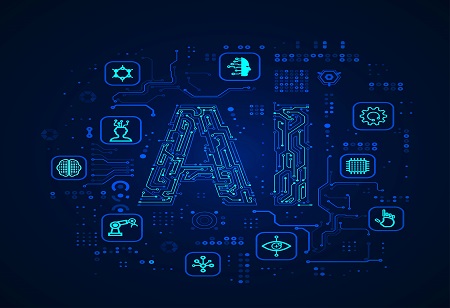AI Witnessing Tremendous Growth in Education Sector
 The integration of artificial intelligence (AI) into education is revolutionizing learning experiences, with universities and edtech platforms at the forefront of this transformation. The surge in demand for AI skills is evident, as reflected in the exponential growth in enrollments for specialized AI courses. Institutions are swiftly adapting to this demand by offering tailored AI programs to meet evolving skill requirements, indicating a notable shift towards technology-focused education.
The integration of artificial intelligence (AI) into education is revolutionizing learning experiences, with universities and edtech platforms at the forefront of this transformation. The surge in demand for AI skills is evident, as reflected in the exponential growth in enrollments for specialized AI courses. Institutions are swiftly adapting to this demand by offering tailored AI programs to meet evolving skill requirements, indicating a notable shift towards technology-focused education.
India leads in AI skill penetration, driven by factors such as attractive compensation and promising career growth prospects. Reports suggest that AI could make a significant contribution to India's GDP by 2025. Industry experts, such as Mayank Kumar from upGrad, view AI as the next major phenomenon, with high demand across all career stages. Enrollments in AI-related courses on platforms like upGrad and Coursera have seen remarkable growth, with thousands of learners joining these programs every quarter.
AI is recognized as both a disruptor and an enabler, reshaping industries and job markets alike. The National Programme on AI, established by NITI Aayog, aims to steer research and development in emerging technologies, focusing on key sectors like healthcare, agriculture, education, smart cities, and infrastructure. This initiative addresses various concerns, including ethical, privacy, and security considerations, while promoting the widespread adoption of AI across different sectors.
In response to the growing demand for AI skills, universities are integrating AI into their curricula. For example, the Indian Institute of Technology Delhi offers an introductory course on artificial intelligence for undergraduate students majoring in computer science. This trend underscores AI's penetration beyond traditional tech industries, extending its influence to administrative and communication sectors. AI is revolutionizing decision-making processes, enhancing analytics capabilities, and shaping workforce skill requirements to be more advanced and specialized.

